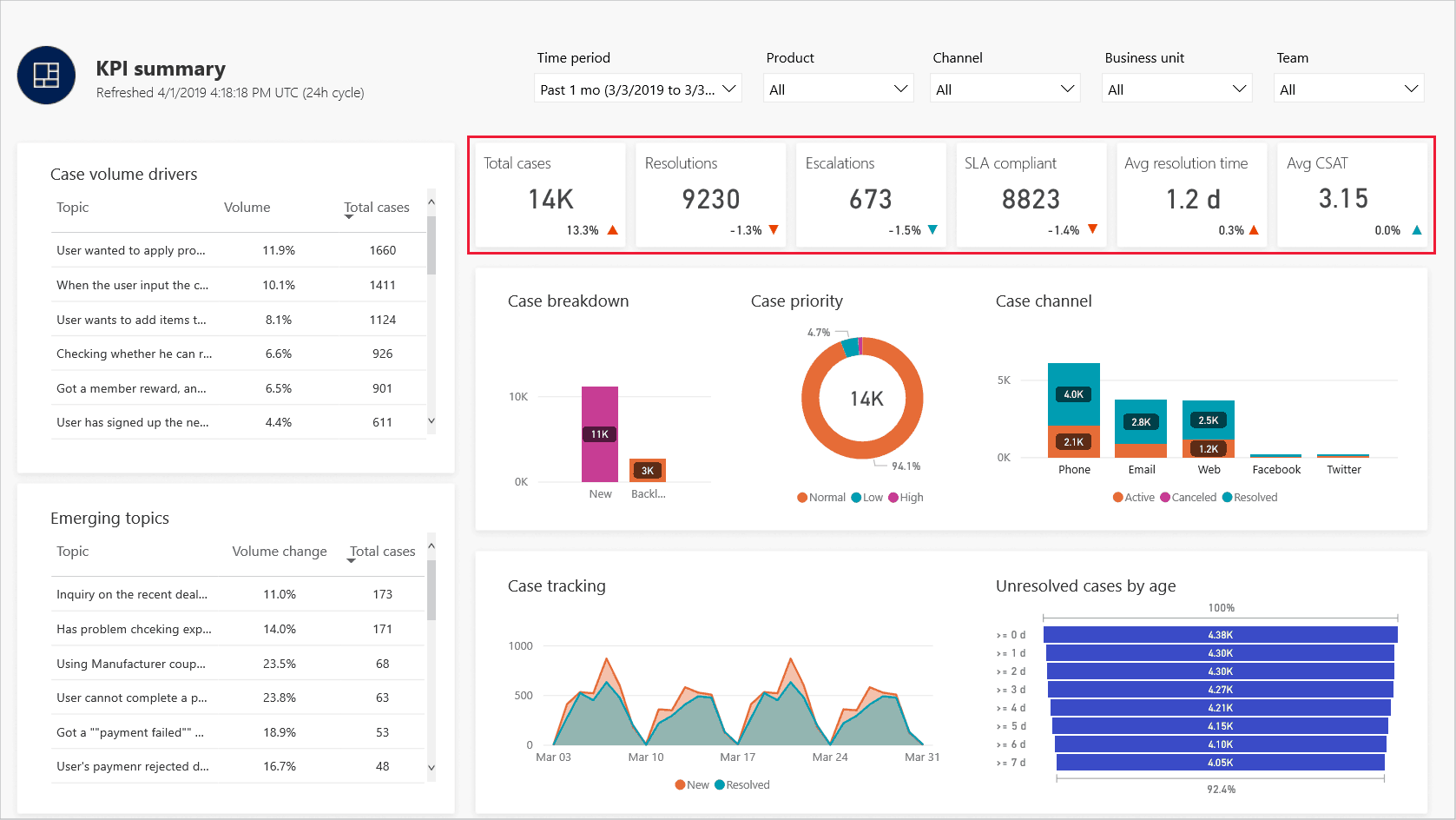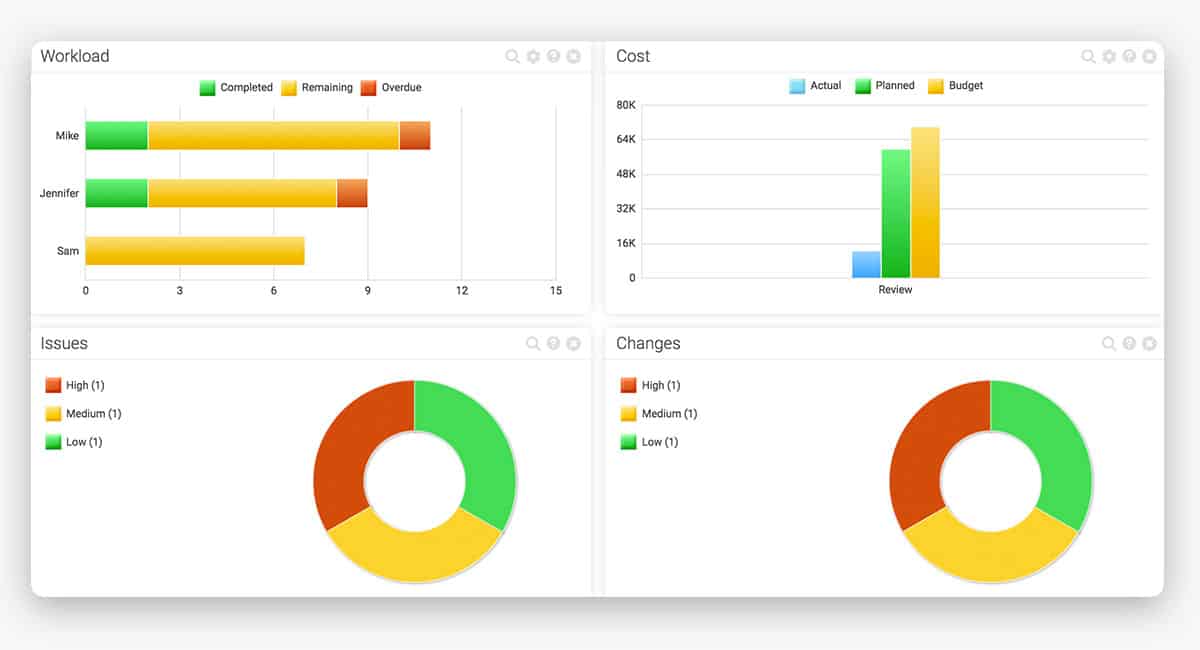What is a KPI?
A key performance indicator (KPI) is a measurement that reflects how effectively an organization, department, campaign or individual is meeting its intended objectives. There are high-level KPIs that reflect the overall performance or growth of the business and low-level KPIs that can act as performance targets for individual workers.
KPIs are a management tool. A manager may hold employees responsible for hitting specified KPI targets, or they may use KPI measurements as inputs for the decision-making process. On an organizational level, KPIs can be applied to every area of the business, including sales, marketing, customer service and even back-office functions like accounting and data entry.
From a marketing perspective, there are many types of KPIs that are appropriate for monitoring the success of marketing campaigns. How those KPIs are chosen and prioritized will depend on the specific goals and desired outcomes of the campaign. In digital marketing, a capability called event tracking allows marketers to monitor metrics and KPIs that serve as indicators of project success and outcomes.

Metrics vs KPIs - What's the Difference?
On the surface, metrics and KPIs share a lot of similarities. They are both measurements of business activities and outcomes that can drive decision-making and tell a story about employee and customer behaviors – so what’s the difference between metrics and KPIs?
For starters, a metric is anything in your business that you can measure. You might be tracking your daily number of ad impressions, total ad spending, organic inbound website traffic, total outgoing sales calls or any number of other items. These all provide valuable information, but that doesn’t make them KPIs.
As an organization, you choose which metrics will act as your key performance indicators. KPIs reflect the metrics that your business feels are the most important for measuring the overall success of a marketing campaign, a person in a particular role, or even a whole department. Your objective when choosing KPIs is to identify the metrics that best correlate with goal attainment as defined by your business strategy.

Why Do Businesses Measure KPIs?
There are two types of KPIs that can be used to measure performance and each one plays a role in driving strategy execution and the decision-making process.
Some KPIs are Leading Indicators. Leading indicators are measurements that occur at an early stage in the process and can serve as a signal for how well the overall process is performing or what outcomes might be achieved in the future. An organization whose goal is to increase its revenue might use leading indicators like “Number of Leads Generated” or “Daily Outbound Sales Calls” as leading indicators to help project revenue attainment.
Other KPIs are Lagging Indicators. Lagging indicators measure the outcomes of a process or a series of activities within the business and they are often easier to measure but harder to change or improve compared to leading indicators. A company whose goal is to increase revenue might choose to track “Total Sales Presentations” as a KPI. In this case, Total Sales Presentations is a lagging indicator for the total number of sales calls. If the sales team makes fewer calls, the total number of presentations will start to decrease.
Leading indicators help businesses determine which activities and inputs are most important for achieving the desired outcome while lagging indicators can serve as a more direct measure of whether a specific goal or target was achieved.
What are the Best B2B Marketing Metrics and KPIs?
When it comes to managing your digital marketing campaign, it is vital to track marketing metrics with an understanding of which of these measurements are effective KPIs. The hardest part of choosing or assigning KPIs is deciding what to measure, so we’re sharing a list of KPIs that we routinely use to track the success of B2B marketing campaigns.
Opportunities Created
An opportunity is defined as any marketing-generated prospect that is accepted by your sales team. The criteria for an opportunity can vary, but the most important thing is that opportunities carry with them a genuine prospect of purchasing your product or service. Opportunities can come from inbound web traffic, PPC advertising and a range of other marketing sources. Once an opportunity is created, it should be passed on to your sales department and entered into the CRM. A total number of opportunities generated can act as a leading indicator for sales and revenue generation.
Customer Cash
If you’re not treating customer retention as a core aspect of your marketing campaigns, you’re missing out on three of the largest potential sources of revenue: customer retention, up-sells, and referrals. Customer cash is a measurement of changes in your existing portfolio that result from customer retention activities and churn and can help you ensure that you are effectively marketing to your existing customers. You may choose to measure:
- How much monthly cash flow your business loses each month from subscribers leaving
- How much monthly cash flow you generate from referrals and up-selling to your existing customers
Customer Lifelong Value (CLV)
If your business is mature enough, you may be able to measure average subscription length by a customer or average spend to determine customer lifelong value. CLV is a useful metric because it helps you evaluate whether a marketing campaign is profitable based on its measured customer acquisition cost.
Conversions
Without robust sales CRM, it can be difficult for your business to effectively measure opportunities. In that case, you should focus on measuring conversions. A conversion happens whenever a prospective customer accepts a marketing offer, like submitting their name and e-mail to download a white paper on your website, chats with you through your website or phones your sales department to inquire. Once you establish a relationship or contact with the prospect, they enter the CRM and become an opportunity.
Cost-per-acquisition
The cost-per-acquisition KPI measures how much money must be spent to acquire a conversion or an opportunity. Measuring cost-per-acquisition can help organizations determine which marketing channels are driving the most opportunities for the lowest cost. These feed directly into marketing campaign management, informing budget and resource allocation to drive campaign ROI.

Use Directive Consulting’s Expertise in Event Tracking to Measure KPIs
Directive Consulting has developed capabilities and expertise in event tracking, enabling us to stay on top of the most important marketing KPIs and allocate resources efficiently to drive campaign success.